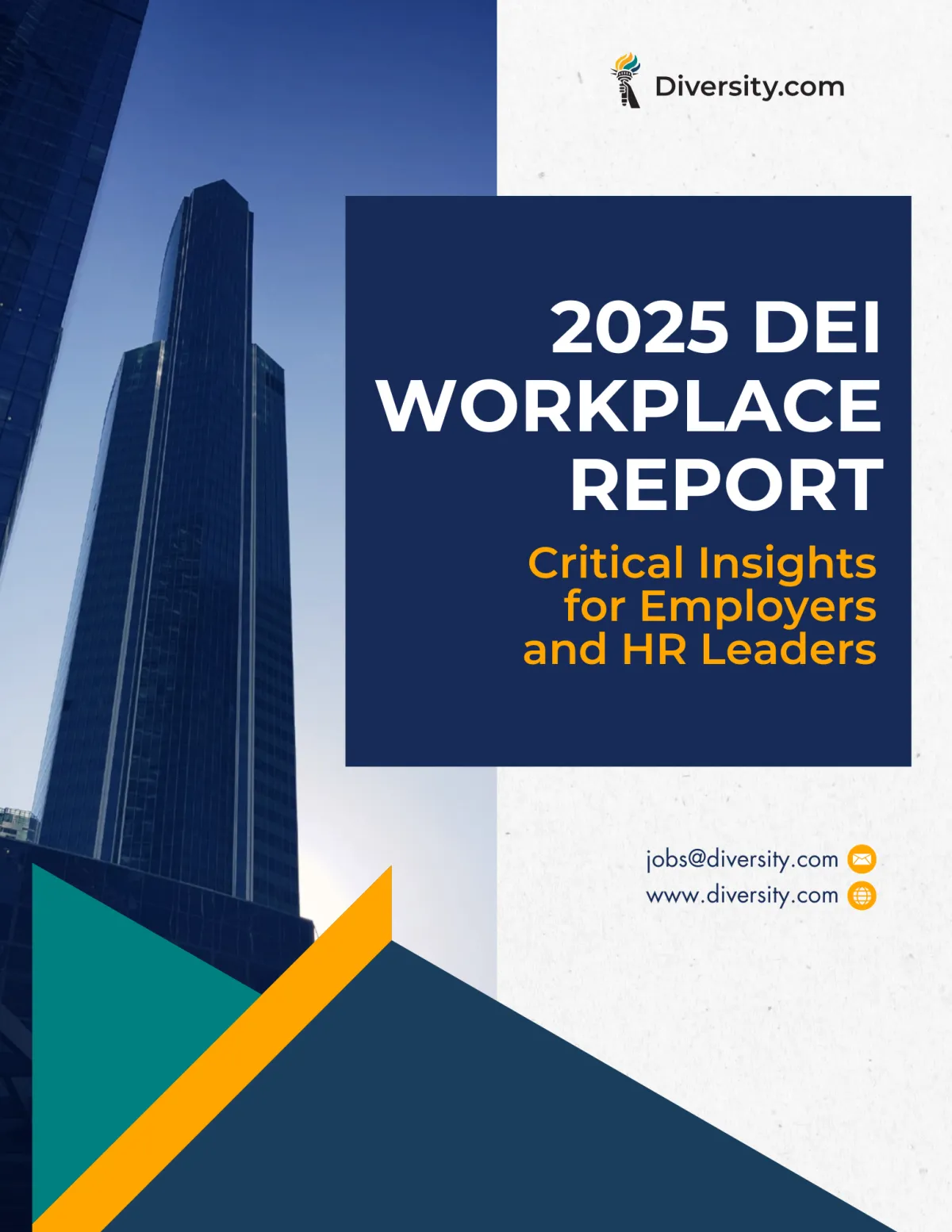
Think DEI Is Special Treatment? Here’s Why It’s Really About Fairness
Redefining What DEI Really Means
Diversity, Equity, and Inclusion (DEI) often face criticism from those who believe these initiatives provide "special treatment" to certain groups.
This misconception overlooks the true purpose of DEI, which isn’t about offering advantages to a few—it’s about leveling the playing field so that everyone has an equal opportunity to succeed.
DEI isn’t about giving extra privileges; it’s about correcting systemic imbalances that have historically disadvantaged specific communities.
When fairness is embedded into workplace culture, it benefits everyone, not just underrepresented groups.
Understanding Equity vs. Equality
One of the biggest misunderstandings about DEI stems from the confusion between equality and equity:
Equality means giving everyone the same resources or opportunities.
Equity means recognizing that people start from different places and may need different support to achieve the same outcomes.
Imagine a race where some runners start 20 feet behind the starting line due to historical barriers.
DEI isn’t about giving them a head start—it’s about moving them to the same starting line as everyone else.
The Myth of Special Treatment in DEI
Critics argue that DEI initiatives result in unfair advantages, often framing diversity-focused hiring or scholarship programs as “pity-based.”
Here’s why that’s a myth:
DEI Focuses on Removing Barriers: It doesn’t create shortcuts; it identifies and eliminates obstacles that have prevented qualified people from having equal access.
Merit Still Matters: DEI initiatives don’t lower standards. Candidates still meet the same qualifications—the difference is that bias doesn’t block their opportunities.
Everyone Benefits: Inclusive environments foster creativity, innovation, and higher employee engagement, which benefits all team members, not just specific groups.
The Business Case: How Workplace Fairness Drives Success
Research consistently shows that fairness and inclusion lead to better business outcomes:
Pew Research Center (2023) highlights that companies with inclusive DEI practices report higher employee satisfaction and retention rates (Pew Research Center, 2023).
Inklusiiv showcases case studies where businesses improved performance through DEI-driven strategies (Inklusiiv, n.d.).
Boston College's National Study of Workplace Equity demonstrates that fair practices increase productivity and reduce turnover (Boston College, n.d.).
These results aren’t because of "special treatment"—they’re the outcome of workplaces where fairness allows the best ideas and talent to thrive.
Real-World Examples of Fairness in Action
Companies like Salesforce and Google are leading examples of how fairness-driven DEI strategies contribute to business growth:
Salesforce has embedded fairness into its pay equity strategies, ensuring all employees are compensated equitably regardless of background (Salesforce, 2022).
Google invests in inclusive leadership programs that focus on creating opportunities for all employees, not just select groups.
The Harm of Misconceptions About DEI Fairness
Believing that DEI is about special treatment undermines efforts to create fair workplaces. This myth:
Discredits Qualified Individuals: It diminishes the achievements of people who earned their roles through merit.
Creates Division: It fosters resentment and misunderstanding among employees who view DEI as favoritism.
Stalls Progress: It prevents organizations from embracing practices that lead to growth and innovation.
The Bottom Line: DEI = Workplace Fairness
DEI isn’t about giving anyone an unfair advantage. It’s about removing barriers so everyone has a fair shot.
It’s about recognizing systemic inequities and working to ensure that success isn’t determined by background, identity, or circumstance.
When fairness is the foundation, everyone wins.
For Job Seekers: Looking for opportunities where fairness and inclusion are more than buzzwords?
Explore job openings on Diversity.com.
For Employers: Want to build a culture where fairness drives performance?
Partner with Diversity.com to attract diverse, top-tier talent.
Related Articles
What If Privilege Isn’t a Bad Thing? Here’s How It Can Make a Difference
The DEI Incompetence Myth: Why Questioning DEI Also Undermines HR, CEOs, and Business Leaders
The Truth About DEI: Why Diversity, Equity, and Inclusion Benefit Everyone
Debunking the Myth: DEI Doesn’t Mean Lowering Hiring Standards
The Human Side of DEI: It’s Not Just About Policies, It’s About People
Sources & References
Pew Research Center. (2023). Diversity, Equity, and Inclusion in the Workplace. Retrieved from https://www.pewresearch.org/social-trends/2023/05/17/diversity-equity-and-inclusion-in-the-workplace/
Inklusiiv. (n.d.). DEI Case Studies & References. Retrieved from https://inklusiiv.com/dei-case-studies/
Cornell University. (n.d.). Fairness. Retrieved from https://diversity.cornell.edu/belonging/fairness
Boston College. (n.d.). The National Study of Workplace Equity. Retrieved from https://www.bc.edu/bc-web/schools/ssw/sites/center-for-social-innovation/projects/the-national-study-of-workplace-equity.html
University of Pennsylvania. (n.d.). DEI in the Workplace: Why It's Important for Company Culture. Retrieved from https://lpsonline.sas.upenn.edu/features/dei-workplace-why-its-important-company-culture

